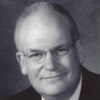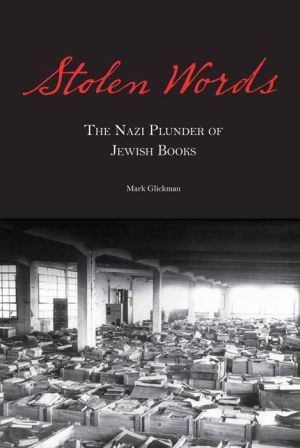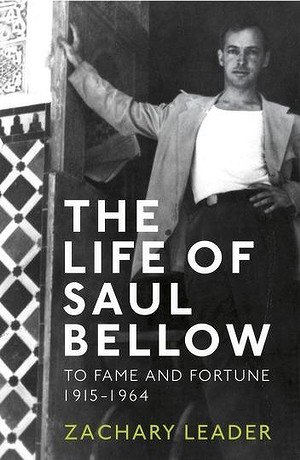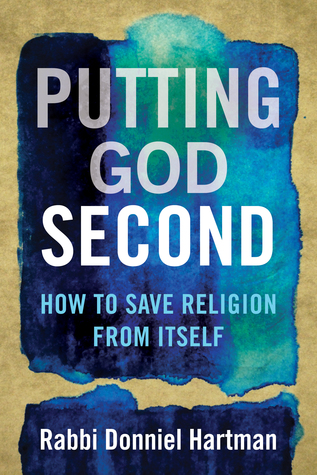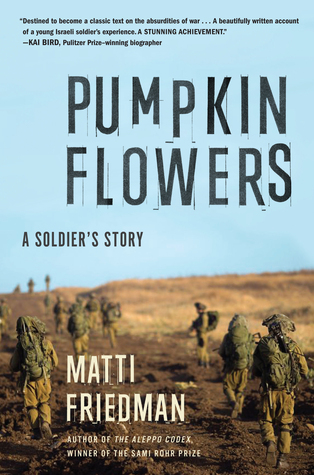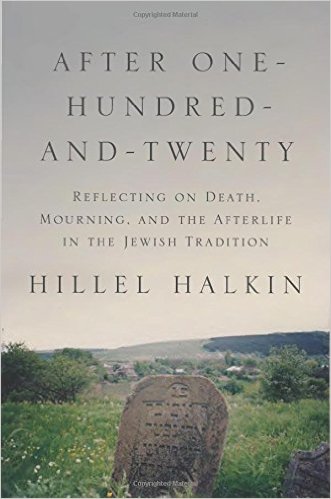Stolen Words: The Nazi Plunder of Jewish Books
In his fascinating and eminently readable new book, Stolen Words: The Nazi Plunder of Jewish Books (Jewish Publication Society, 2016), Rabbi Mark Glickman reminds us that Jews have always relied on books as essential sinews, binding Jews to God, to each other, and to the rest of humanity, regardless of time or space.

